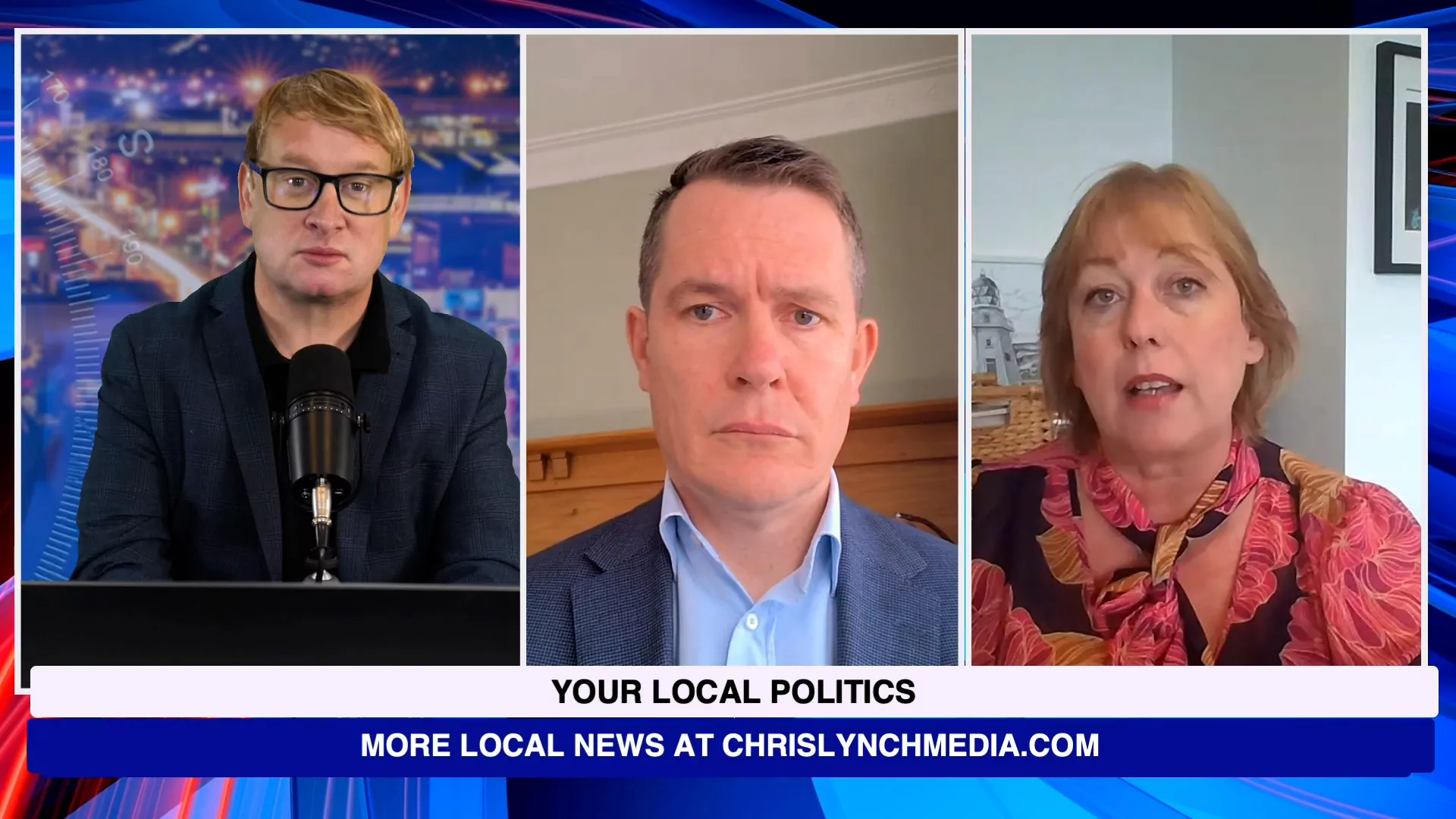ACT Leader David Seymour has slammed the New Zealand government’s decision to burn $20 million of taxpayer money on a project that he claims had no purpose. The project in question was the proposed merger of Television New Zealand (TVNZ) and Radio New Zealand (RNZ), which Seymour described as an act of “fiscal incontinence.”
According to Seymour, neither Clare Curran, Kris Faafoi, nor Willie Jackson could explain why they wanted to merge the two media companies. Seymour compared attempting to discern the purpose of the new public media entity to trying to find the edible parts of a disappointing artichoke.
Seymour stated that the $20 million spent on the project could have paid the salaries of approximately 250 nurses for a year. He also pointed out that almost $12 million was spent on contractors and consultants, including PwC and Deloitte, despite the fact that New Zealand has a 62,000-strong public service. Seymour sees this as a damning indictment on the quality of the bureaucracy.
In a statement, Seymour argued that wasting taxpayer money in this way is a disgrace, particularly at a time when many New Zealanders are struggling with the cost of living crisis. He went on to say that the government should be cutting back on wasteful spending to show respect for taxpayers and to deliver real tax cuts.
“New Zealanders work hard, pay tax, and follow the law. For politicians to waste money like this is a disgrace,” Seymour said.
Seymour outlined ACT’s plan to reduce wasteful spending by $6.8 billion in 2023 and implement a simple two-rate tax system of 17.5 and 28 percent. He also took aim at the suggestion that cutting spending must mean cuts to frontline services, arguing that this episode shows how far from the truth that is.
At the time of writing, the government has not responded to Seymour’s criticism of the TVNZ and RNZ merger project.
This controversy comes at a time when New Zealanders are feeling the pinch of rising costs of living. Inflation in the country has reached a 10-year high, with housing costs and fuel prices driving up expenses for many households.









